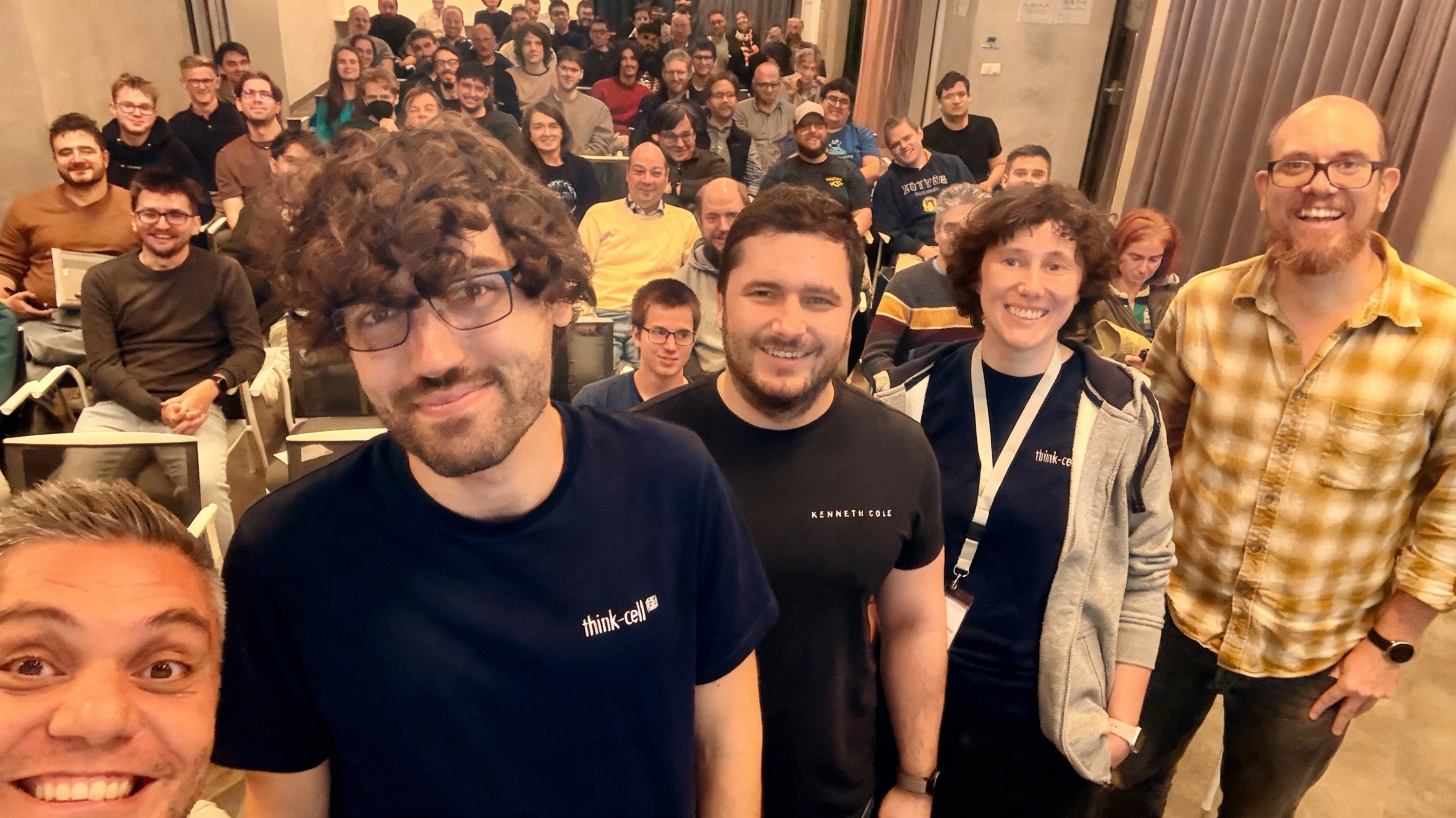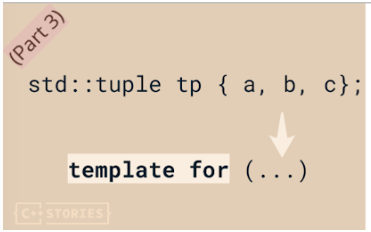Trip report: Budapest C++ - Breaking & Building C++ -- Sandor Dargo
 The Budapest C++ Meetup was a great reminder of how strong and curious our local community is. Each talk approached the language from a different angle — Jonathan Müller from the perspective of performance, mine from design and type safety, and Marcell Juhász from security — yet all shared the same core message: understand what C++ gives you and use it wisely.
The Budapest C++ Meetup was a great reminder of how strong and curious our local community is. Each talk approached the language from a different angle — Jonathan Müller from the perspective of performance, mine from design and type safety, and Marcell Juhász from security — yet all shared the same core message: understand what C++ gives you and use it wisely.
Trip report: Budapest C++ - Breaking & Building C++
by Sandor Dargo
From the article:
More than a hundred people registered, and the room quickly filled up with local developers eager to hear three technical talks. The atmosphere was lively and welcoming — it showed the strength of the C++ community in Budapest. In 2027, even WG21 might come to Hungary!
The evening began with Jonathan Müller’s talk, Cache-Friendly C++, followed by my own session on Strongly Typed Containers. Finally, Marcell Juhász closed the event with an insightful and hands-on presentation on Hacking and Securing C++.

 When working with legacy or rigid codebases, performance bottlenecks can emerge from designs you can’t easily change—like interfaces that force inefficient map access by index. This article explores how a simple
When working with legacy or rigid codebases, performance bottlenecks can emerge from designs you can’t easily change—like interfaces that force inefficient map access by index. This article explores how a simple  A missing
A missing  In this final part of the tuple-iteration mini-series, we move beyond C++20 and C++23 techniques to explore how C++26 finally brings first-class language support for compile-time iteration. With structured binding packs (P1061) and expansion statements (P1306), what once required clever template tricks can now be written in clean, expressive, modern C++.
In this final part of the tuple-iteration mini-series, we move beyond C++20 and C++23 techniques to explore how C++26 finally brings first-class language support for compile-time iteration. With structured binding packs (P1061) and expansion statements (P1306), what once required clever template tricks can now be written in clean, expressive, modern C++. std::format allows us to format values quickly and safely. Spencer Collyer demonstrates how to provide formatting for a simple user-defined class.
std::format allows us to format values quickly and safely. Spencer Collyer demonstrates how to provide formatting for a simple user-defined class. Modern C++ offers elegant abstractions like std::ranges that promise cleaner, more expressive code without sacrificing speed. Yet, as with many abstractions, real-world performance can tell a more nuanced story—one that every engineer should verify through careful benchmarking.
Modern C++ offers elegant abstractions like std::ranges that promise cleaner, more expressive code without sacrificing speed. Yet, as with many abstractions, real-world performance can tell a more nuanced story—one that every engineer should verify through careful benchmarking. If you’re a regular reader of Sandor's blog, you know he's been sharing what he learned about new C++ language and library features ever since C++20. You probably also read his CppCon 2025 Trip Report. And this post is where the two come together.
If you’re a regular reader of Sandor's blog, you know he's been sharing what he learned about new C++ language and library features ever since C++20. You probably also read his CppCon 2025 Trip Report. And this post is where the two come together.